Congratulations on becoming a parent! It's an exciting time, but it can also be overwhelming, especially when it comes to raising a happy and healthy baby. As a new parent, you want nothing but the best for your little one, but where do you start?
In this article, we'll share with you the secrets to raising vibrant little ones. From bonding with your baby and breastfeeding to the power of play and the importance of sleep, we'll cover everything you need to know about nurturing your baby's development. We'll also touch on common health concerns that parents face and how to manage them effectively. So grab a cup of coffee (or tea) and get ready to unlock the secrets to raising happy healthy babies!
The Importance of Bonding
You can't underestimate the power of bonding with your newborn - it's like building a strong foundation for your future relationship. Skin to skin contact is one of the most effective ways to bond with your baby. When you hold your little one against your bare chest, it triggers a release of hormones that help promote feelings of love and attachment. This physical closeness also helps regulate their body temperature, breathing, and heart rate.
Another important aspect of bonding is eye contact. Making eye contact with your baby while talking, singing or feeding them can help establish trust and deepen the connection between you two. Babies are born with an innate ability to recognize faces and expressions, so when they see their parent's face looking back at them, it helps them feel safe and secure.
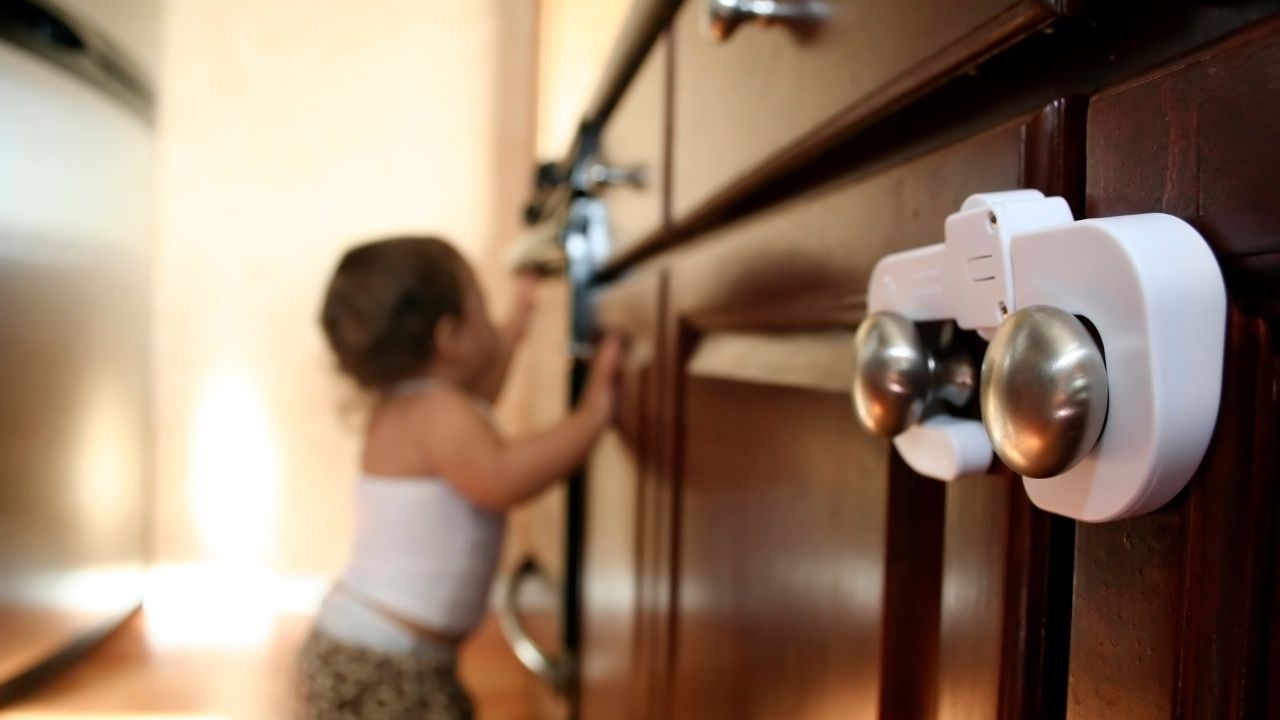
Now that we've talked about the importance of bonding let's move on to another crucial component of raising happy healthy babies: breastfeeding.
The Benefits of Breastfeeding
When breastfeeding, you'll be providing your child with important nutrients and antibodies that can boost their immune system. Breast milk contains the perfect balance of protein, fat, and vitamins that your baby needs to thrive. It also contains antibodies that help protect against infections and illnesses. Breastfeeding has been linked to enhancing immunity in babies, helping them fight off diseases like respiratory infections, ear infections, and diarrhea.
Aside from physical health benefits, breastfeeding also offers psychological benefits for both you and your baby. The act of nursing releases hormones such as oxytocin which promotes bonding between mother and child. This close contact during feeding helps create a strong emotional bond between you and your little one. It can also promote feelings of relaxation and calmness for both the mother and baby, reducing stress levels in both parties. By choosing to breastfeed your child, you are giving them not only essential nutrition but also the comfort of closeness with their loving parent.
As important as breastfeeding is for little ones' development, it's not the only thing needed to ensure happy healthy babies. Another vital aspect is playtime!
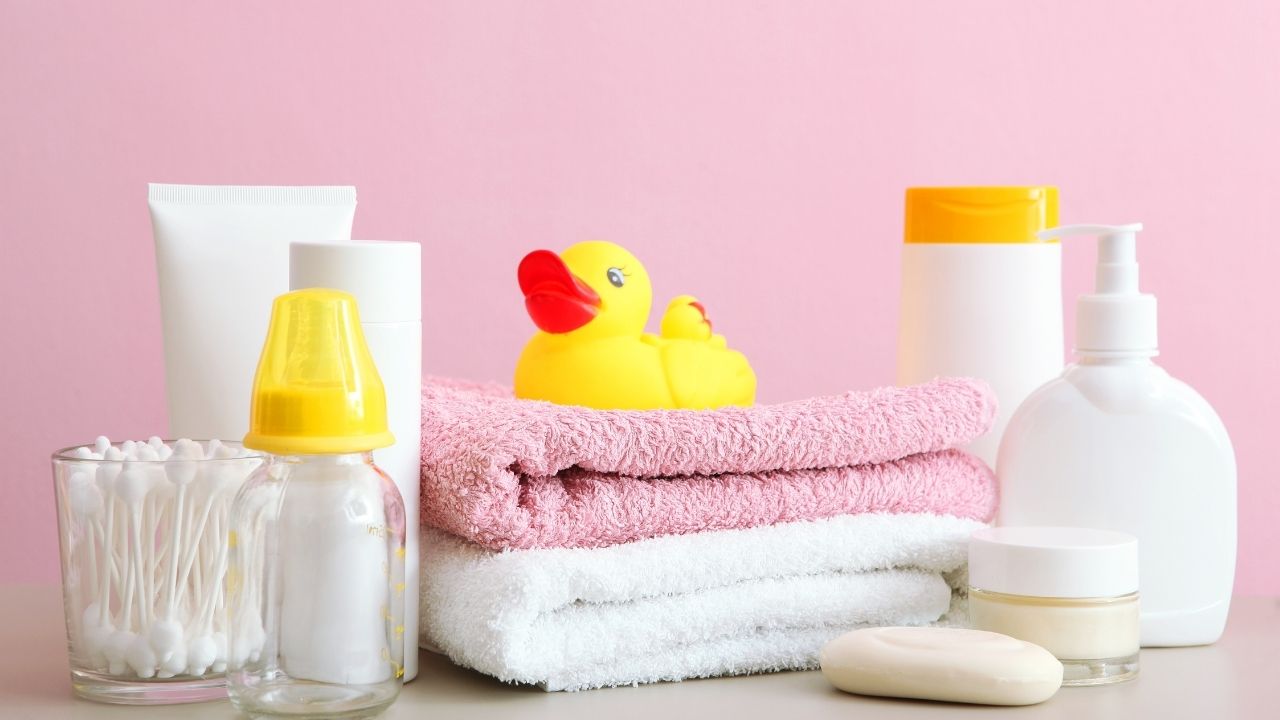
The Power of Play
Playing with your child is more than just a fun activity. It is one of the most effective ways to boost their development and encourage healthy growth. Through imaginative play, children are able to explore the world around them and develop important problem-solving skills. Sensory exploration, such as playing with different textures or colors, can also help stimulate their brain and improve cognitive function.
But beyond the physical benefits, playing with your child can also create lasting memories that both you and your little one will cherish for years to come. These memories are not only valuable for building a strong bond between parent and child but can also provide a sense of comfort during difficult times. So take some time each day to engage in playtime with your baby - it's an investment in their future that will pay off in countless ways.
As important as playtime is, it's equally essential to make sure that your baby gets enough restorative sleep. In fact, adequate sleep plays a critical role in promoting healthy development and ensuring optimal health outcomes for babies. Let's explore why this is so important in the next section about 'the importance of sleep.'
The Importance of Sleep
Getting enough restorative sleep is crucial for your baby's overall well-being and can make a significant difference in their cognitive development and emotional resilience. Sleep training is an important aspect of ensuring that your little one gets adequate sleep. However, it is essential to understand that there isn't a one-size-fits-all solution when it comes to sleep training. You need to consider the age, temperament, and individual needs of your baby.
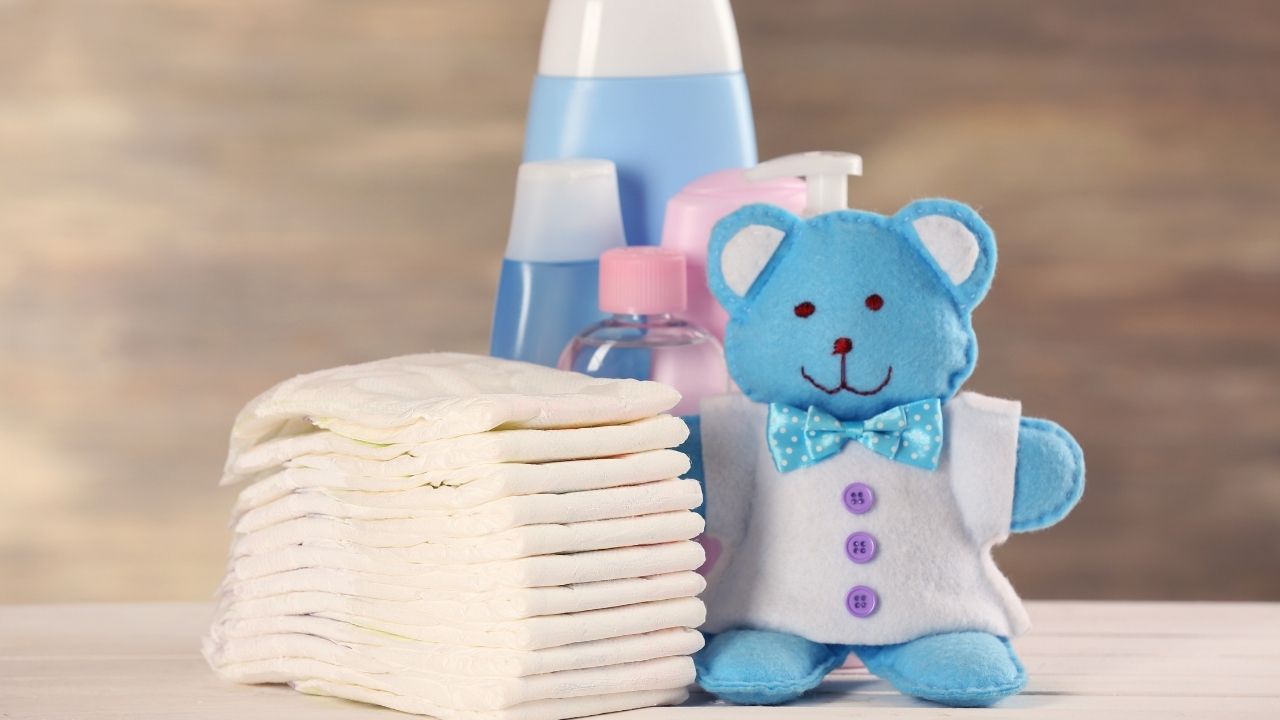
Bedtime routines are also an integral part of promoting healthy sleeping habits in babies. A consistent bedtime routine helps establish a sense of predictability and security for your little one, which can help them fall asleep more easily. For instance, you could create a calming environment by dimming the lights in the room or playing soft lullabies to signal that it's time for bed. By prioritizing your baby's sleep needs through sleep training and maintaining a consistent bedtime routine, you will set them up for healthy developmental growth.
Nurturing Your Baby's Development
Tummy time and crawling are crucial for your baby's physical development. The act of pushing up on their arms during tummy time helps strengthen neck, back, and shoulder muscles while crawling helps with coordination and gross motor skills. Language and communication also play a vital role in your baby's development, as they start to understand simple words and gestures around six months of age.
Tummy Time and Crawling
You don't want to miss out on the benefits of tummy time and crawling for your baby's development. Rolling over, sitting up, and eventually crawling are all important milestones in your little one's journey towards independence. Not only do these skills help your baby physically strengthen their muscles, but they also aid in cognitive development and problem-solving abilities.
Here are four key benefits of incorporating tummy time and crawling techniques into your baby's daily routine:

- Improved hand-eye coordination: As babies learn to crawl, they develop better hand-eye coordination as they reach for objects while moving.
- Enhanced spatial awareness: Crawling forces babies to navigate through space, which helps them recognize distances and depths.
- Strengthened core muscles: Tummy time helps strengthen the muscles that support good posture, balance, and stability.
- Increased brain development: Floor time allows babies to explore their environment freely, which encourages curiosity and promotes brain growth.
As your baby becomes more mobile through crawling or scooting around on their belly, it's important to make sure your home is baby-proofed with safety locks on cabinets, outlet covers, and soft padding on sharp corners. With a little effort on your part to encourage floor playtime every day along with some fun crawly activities; you'll be giving them the best start possible!
Language and Communication
Let's dive into how your baby's language and communication skills can benefit from daily interaction and engagement. As your little one grows, they will start to develop their own way of communicating with the world around them. From cooing and babbling to eventually saying their first words, language milestones are an exciting part of watching your baby grow.
One way you can help support your baby's language development is through introducing baby sign language. This technique involves using simple hand gestures to represent common words such as "milk" or "more". By teaching your baby these signs, they can start to communicate their needs and desires before they are able to verbally express themselves. Additionally, talking and singing to your baby throughout the day helps them learn new words and understand basic sentence structures. Remember that every interaction with your little one is an opportunity for learning and growth!
As you continue to engage with your child in meaningful ways, it's important not to overlook the importance of motor skills and coordination. Encouraging tummy time play on a soft surface helps strengthen muscles needed for crawling, walking, and other physical activities later on. Let's explore some fun ways you can incorporate movement into your daily routine!
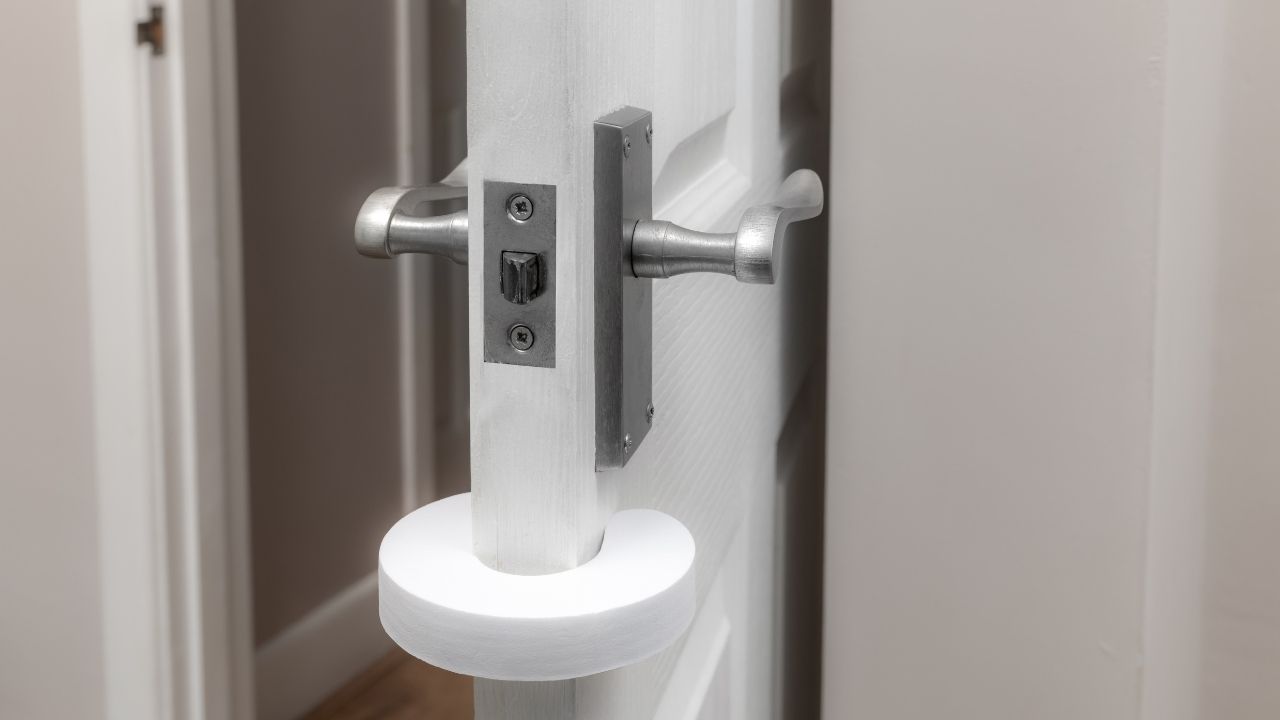
Motor Skills and Coordination
Moving on from language and communication, let's talk about motor skills and coordination. At this stage, your baby is starting to explore the world around them through sensory exploration. They are learning to move their body in new ways, developing gross motor skills that will help them crawl, walk and eventually run. As a parent, it's important to support your little one's physical development so they can grow into strong and healthy individuals.
Here are four things you can do to encourage your baby's motor skills and coordination:
- Provide plenty of tummy time - This helps strengthen muscles in their neck, shoulders and core which is essential for crawling.
- Give them different textures to play with - This encourages sensory exploration which supports fine motor development.
- Use toys that promote movement - Toys that require pushing or pulling help with hand-eye coordination as well as gross motor development.
- Be patient - Every baby develops at their own pace so don't worry if your little one takes longer than others to reach certain milestones.
By incorporating these tips into your daily routine, you'll be helping your baby develop the physical skills they need for a happy and healthy life ahead. Moving forward, let's discuss common health concerns you may encounter as a parent and how best to manage them for optimal well-being of both you and your child."
Managing Common Health Concerns
We'll explore how to handle typical health issues that arise in infants and toddlers. As a parent, it's essential to understand the most common health concerns your little ones may experience, such as colds, diarrhea, constipation, and ear infections. The best way to prevent infections is through simple hygiene practices like washing hands regularly with soap and water, disinfecting surfaces often touched by your baby or toddler, and keeping them away from sick people.

Teething can be a tough time for both parents and babies alike. Your little one may become irritable or fussy during this period due to the pain caused by emerging teeth. To alleviate discomfort, try giving them something cold like a teething ring or washcloth soaked in cool water to chew on. You could also try massaging their gums gently with clean fingers or offering chilled purees like applesauce or yogurt. Remember that every baby is different, so finding what works best for yours may require some trial-and-error. With patience and care, you'll be able to manage any common health concerns that come your way while raising happy and healthy babies!
Frequently Asked Questions
How can I encourage my baby to develop a love for reading?
Encouraging a love for reading in your baby can be as simple as incorporating storytime routines into your daily schedule. But book selection tips are equally important to ensure that your little one is engaged and interested. Choose books with colorful illustrations and interactive components that allow them to touch, feel, and explore the pages. As you read to them in an empathetic tone, they will begin to associate reading with comfort and security. By making this a consistent habit, you're not only fostering their love for literature but also nourishing their cognitive development in the long run.
What are some natural remedies for teething pain?
Teething pain can be a challenging time for both you and your baby, but there are natural remedies that can help ease the discomfort. Herbal remedies such as chamomile tea or clove oil can be applied directly to the gums for relief. Teething toys made of natural materials like wood or rubber can also help by providing a safe and soothing object for your little one to chew on. It's important to empathize with your baby during this time and offer comfort in any way possible. By incorporating these natural remedies into your teething routine, you can provide some much-needed relief for your little one while staying true to your desire for serving their needs in a healthy way.
How can I introduce solid foods to my baby's diet?
Introducing solid foods to your baby's diet can be a daunting task, but with the right approach, it can also be a fun and exciting adventure for both you and your little one. One popular method is Baby-led weaning, which involves allowing your baby to self-feed instead of spoon-feeding purees. This approach encourages independence and helps develop their fine motor skills. When introducing allergenic foods like peanuts or eggs, start with small amounts and monitor for any adverse reactions. It's important to introduce a variety of fruits, vegetables, grains, and proteins to ensure a well-rounded diet. Remember to always consult with your pediatrician before making any significant changes to your baby's diet. With patience, persistence, and an open mind, you can successfully introduce solid foods into your baby's diet while fostering healthy eating habits that will last a lifetime.
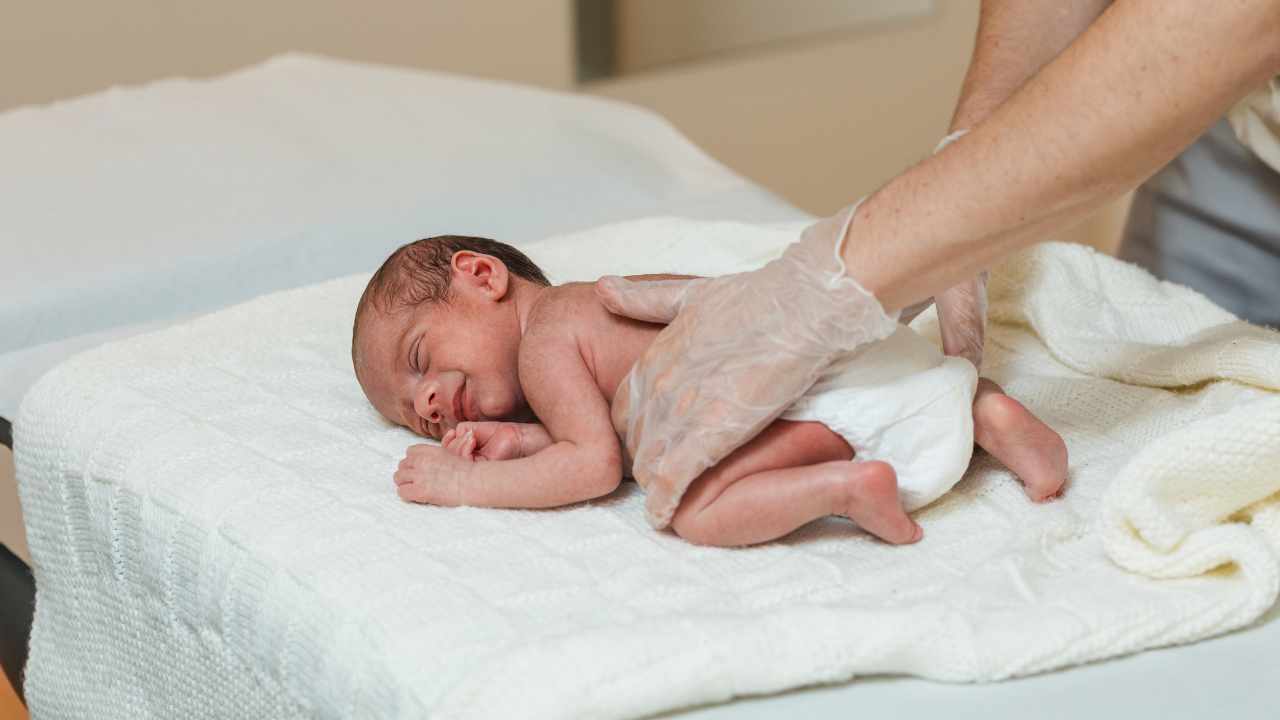
What are some ways to keep my baby entertained during car rides?
Keeping your little one entertained during car rides can be a daunting task, but there are plenty of ways to make the journey enjoyable for both you and your baby. Sensory toys can be a great distraction, providing tactile stimulation and engaging their senses. Sing alongs are also a fun way to pass the time, allowing you to bond with your baby through music and movement. Remember to always prioritize safety while driving, and never leave your baby unattended or without proper restraint while in the car. With some creativity and planning, car rides can become an enjoyable experience for both you and your little one.
How can I create a safe and stimulating environment for my baby to explore?
So, you've decided to create a safe and stimulating environment for your little explorer? How ironic! Because let's face it, no matter how much you babyproof, those tiny hands will always find a way to get into trouble. But don't worry- with these babyproofing essentials and sensory play ideas, your baby can safely explore their world and develop their senses at the same time. Start by securing any sharp corners or edges in your home with corner guards and edge bumpers. Cover all outlets with safety plugs and install cabinet locks on any cabinets within reach. As for sensory play ideas, fill up a bin with different textures like rice, pasta or cotton balls, or create a DIY sensory board filled with materials such as sandpaper or bubble wrap. With these tips in mind, your little one can safely explore their surroundings while developing their cognitive abilities at the same time.
Conclusion
Congratulations! You now have the tools and knowledge to raise happy, healthy babies. By bonding with your little one, breastfeeding, playing with them, ensuring they get enough sleep, nurturing their development and managing common health concerns, you can give your child the best possible start in life.
In the words of Maya Angelou, "I have found that among its other benefits, giving liberates the soul of the giver." Giving your baby all these things is not only beneficial to their growth and development but also a gift to yourself as a parent. Seeing your little one thrive and grow into a vibrant individual will fill your heart with joy and pride. So go ahead and unlock the secrets to raising happy healthy babies!

.png)





